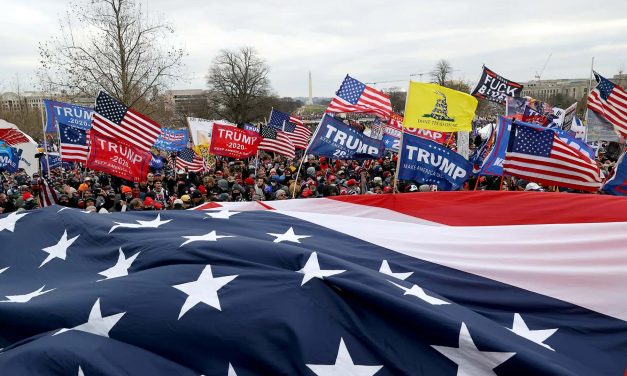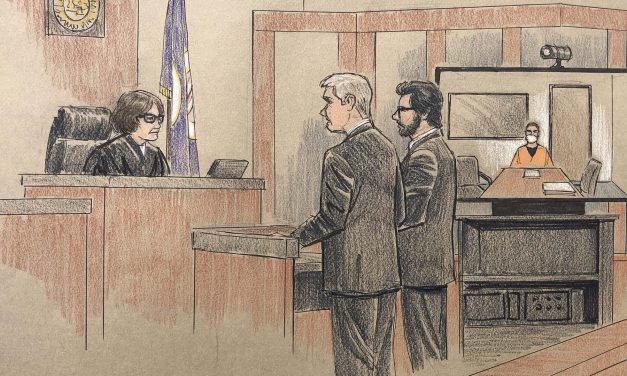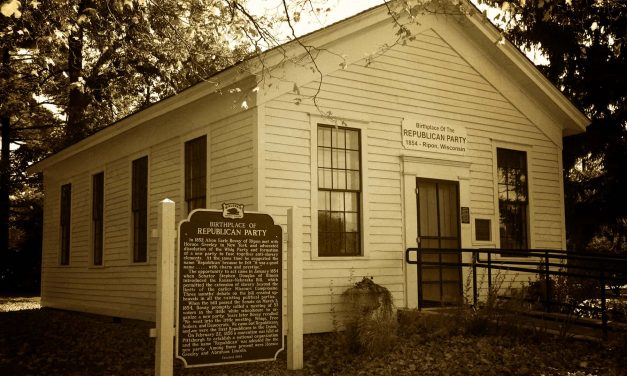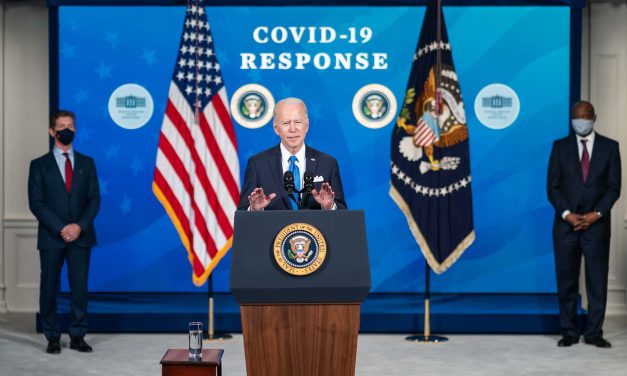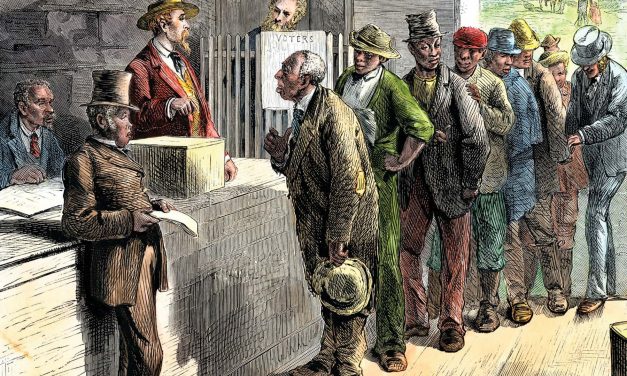A “White America” First Caucus: When the party of Abraham Lincoln becomes the party of Jefferson Davis
News broke on April 16 that a number of pro-Trump House Republicans, including Representatives Marjorie Taylor Greene (R-GA), Matt Gaetz (R-FL), and Paul Gosar (R-AZ), are organizing the “America First Caucus,” which calls for “a degree of ideological flexibility, a certain intellectual boldness… to follow in President Trump’s footsteps, and potentially step on some toes and sacrifice sacred cows for the good of the American nation.” The seven-page document outlining their ideas, obtained by Punchbowl News, is a list of the grievances popular in right-wing media. It calls for regulation of “Big Tech,” which right-wing commentators claim is biased...
Read More
